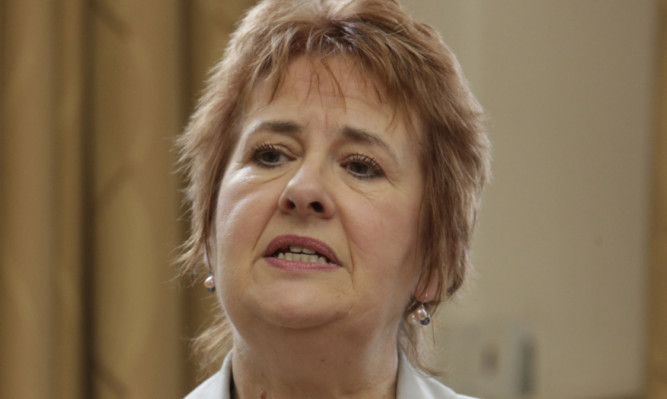The Scottish Government hopes “flexibilities” can be introduced to sanctions when powers over employment support are devolved to Holyrood.
In less than two years’ time, new powers to help the disabled and long-term jobless, including the current Work Programme and the Work Choices scheme, will be transferred north.
Ministers at Holyrood have now made clear they will seek to “work with the UK Government to press for flexibilities in the conditionality and sanctions regime that may be applied in Scotland”.
The approach was set out in a consultation on how employability services should operate after they are devolved in April 2017.
Under the current system, participation in the Work Programme, a welfare to work scheme introduced by the UK Government in 2011, is mandatory and those who refuse to take part face benefit sanctions.
But the Scottish Government believes “people should be supported into work, not punished for being unable to find work”.
It is setting up a new advisory group, to be led by Glasgow University Professor Alan McGregor, to oversee the consultation.
Ministers are also urging individuals, families and communities to take part and tell them what type of support services they believe would help them find and keep a job,
Roseanna Cunningham, the Cabinet Secretary for Fair Work, Skills and Training launched the new consultation and said: “To design these powers and ask questions later would not be the right approach. We want to hear views from across the country, from service users, communities, businesses, training providers and the trades unions.”
She added: “The Work Programme as it stands is not fit for a modern Scotland but there may be aspects of the current system that do work for individuals and organisations and we want to hear those views too. Professor Alan McGregor and members of the advisory group will play a key role in drawing in views from all areas of the country in as many sectors as possible.”
Powers over employment support are being transferred to Scotland as a result of the work of the Smith Commission, which took a fresh look at devolution in the wake of last year’s independence referendum.
While the SNP Government continued to call for the full transfer of all powers over all employment support programmes and Jobcentre Plus in Scotland, Ms Cunningham said there are “some very welcome new powers on their way in April 2017”.
She stressed: “We want to implement these powers in a way which complements existing devolved services and creates a distinctive Scottish approach.
“This is an incredible opportunity to shape our future employment services to the needs of Scots jobseekers and the wider economy and we will consult widely in the coming months on how we can use these powers to best effect, building on the appetite for engagement and dialogue amongst civic Scotland.”
Prof McGregor said: “Devolution of employment support programmes presents a great challenge but provides a fantastic opportunity in Scotland to design and build employability support fit for Scotland and fit for all unemployed people, including those who are often excluded and under-represented in the labour market.
“Scotland has an excellent foundation of partnership working on which to build. I look forward to working with the Scottish Government and the advisory group members to progress this critical agenda.”
